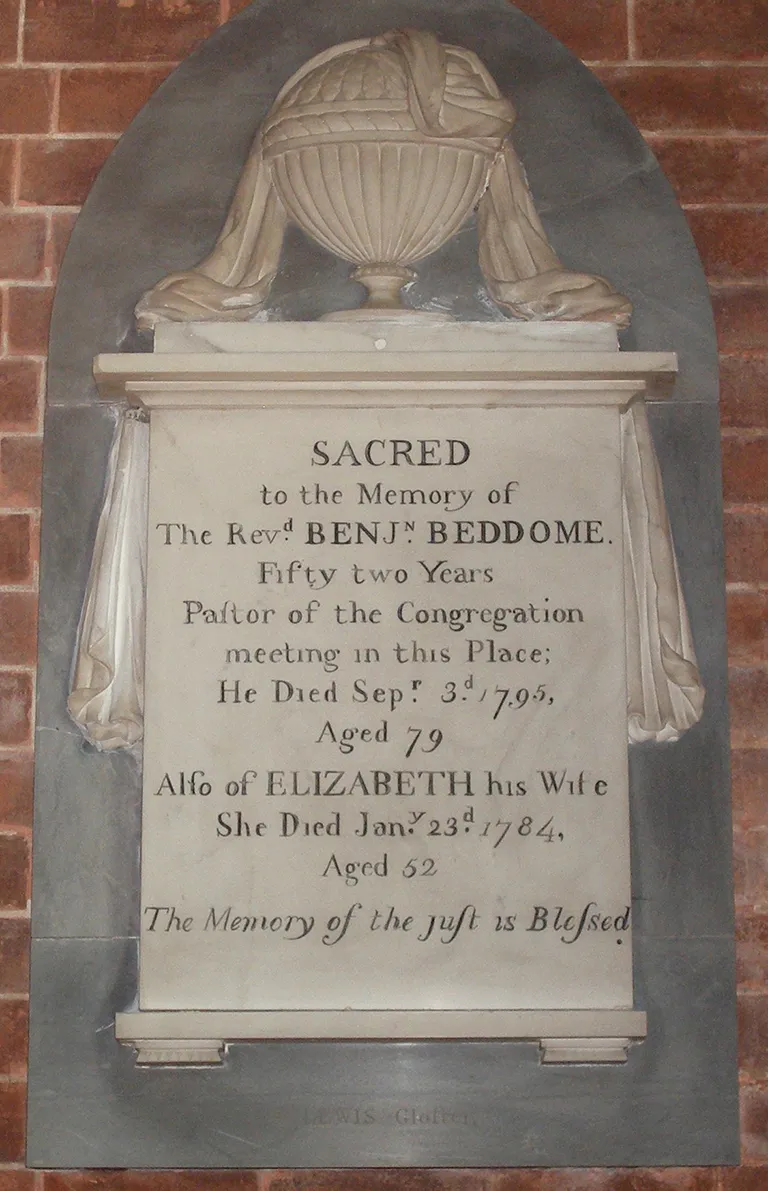For some odd reason, I am drawn to the lives of Christians who can only be regarded as obscure or marginal to the main story of Christianity that is usually told in our church history books.
So, for example, I am currently writing a life of Benjamin Beddome (1718–1795), who pastored a Baptist work in the village of Bourton-on-the-Water in the Cotswolds for over 50 years. The English historian A.C. Underwood well described him as a ‘Calvinist of the best type’, passionate in preaching, ardent in prayer for revival, eager for the conversion of the lost, and the strengthening of his people.
John Newton (1725–1807), the well-known evangelical leader and author of the ever-popular hymn ‘Amazing Grace’, had the opportunity to meet and hear many of the leading evangelicals of his day. It is intriguing, therefore, to read some remarks that he penned in his diary on 7 August 1776, after he had heard a sermon by Beddome. The text on this particular occasion was Zechariah 11:12, the verse cited in the Gospel of Matthew with regard to the amount of money Judas Iscariot received for the betrayal of Christ. ‘He is an admirable preacher’, Newton observed after hearing the sermon, ‘simple, savoury, weighty’.








'Why are so many Jews atheists?'
"Why are so many Jews atheists?"I hear this a lot.